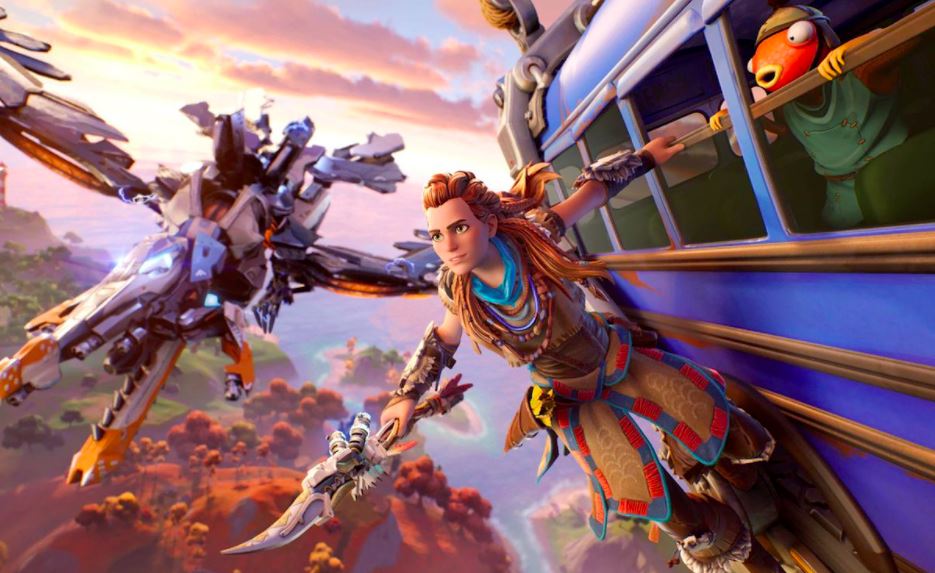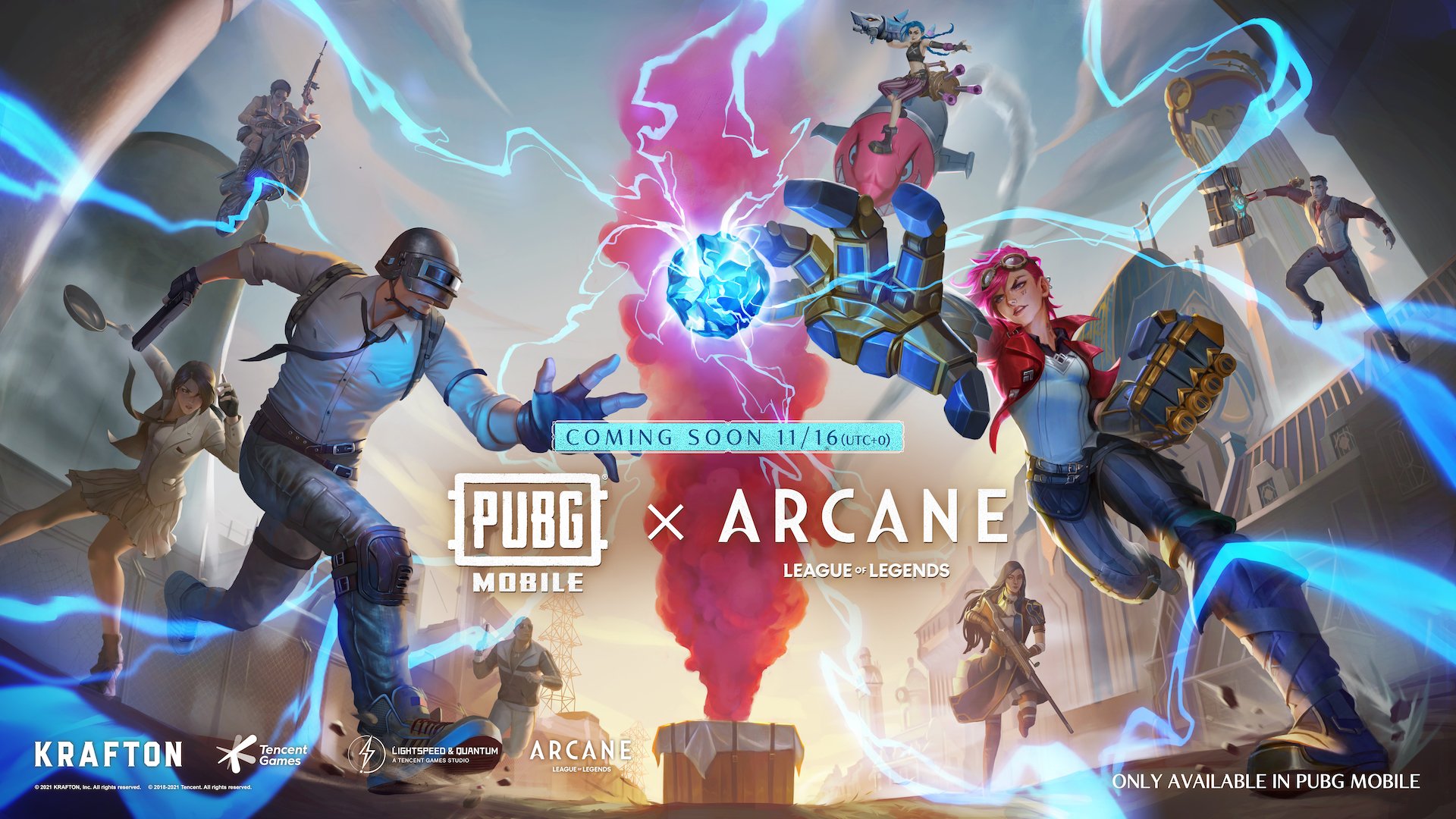Games like PUBG and Warzone are becoming Fortnite, and it's a problem.
To get an idea of what the current market for battle royales looks like, you have to start at the beginning with PUBG.
Out of all the battle royales flooding the video game market, I've always felt like PUBG Battlegrounds, previously known as PlayerUnknown's Battlegrounds, was the most grounded. Of course, the idea of 100 people being dropped over an island to duke it out until one remains standing is inherently fantastical, but as the first of the current battle royale craze when it launched in 2017, it always felt the most realistic. There weren't any Marvel skins, guns that shot goo, or amazing superpowers; it was a straightforward shooter with very few frills minus some cool clothes and a brutal frying pan melee weapon.
However, as more games sought to get in on what PUBG was presenting, the original fell by the wayside. The brand isn't a failure by any means. Battlegrounds still has thousands of concurrent players on Steam on any given day, according to SteamDB, and PUBG Mobile, the mobile port for Android and iOS, recently passed $7 billion in player spending, according to Sensor Tower, making it the second-highest-grossing mobile title worldwide. As of July 2021, it was the highest grossing mobile game of the year. Now that PUBG Mobile has transitioned to a free-to-play model, we're expecting the player base to grow even larger.
Even still, it doesn't get as much press in the West as say Fortnite, Call of Duty: Warzone, and Apex Legends. That's why when I looked up what PUBG Mobile has been up to lately, I was surprised to find it's become just like Fornite, one of its main competitors. This has only been cemented by PUBG Battlegrounds moving to a free-to-play model this month.
It makes sense if you think about it. Fortnite dominates almost every space it's in, has a gigantic player base, is a merchandising machine, and is able to attract huge talent like Marshmello and Ariana Grande to play in-game concerts. It's not just a game anymore, but a huge cultural juggernaut. If you're working to attract players, why not go with what works?
PUBG has also strayed from its grounded roots in its purchases and limited-time events.
Microtransactions in the form of optional cosmetics have been a popular way for live service games to make money. While PUBG started off with this model, it wasn't as robust as it is in Fortnite, but that was fine because the first PUBG wasn't free-to-play. As time has gone on though, PUBG Mobile has long used the battle pass model (as do a lot of other mobile titles), but it's become more complex over time. Instead of just having two layers – free and premium – the game has multiple optional layers, including one that allows you to track minutes played for experience and another called the RP EZ Mission License that lets you add even more weekly quests.
With PUBG Battlegrounds going free-to-play, the progression model has been changed. Every player has a Basic account, but a one-time upgrade called Battlegrounds Plus will cost $12.99 and will unlock features like ranked mode and the ability to create custom matches.
PUBG has also strayed from its grounded roots in its purchases and limited-time events, which not only feature more cartoonish skins and outfits, but crossover items. Just recently, PUBG Mobile partnered with Riot Games to bring Arcane characters and items to the game, along with Sony for a Spider-Man: No Way Home crossover event. Considering that Fortnite also had a Spider-Man collaboration for the movie's release, the comparisons are unavoidable.
The multiverses collided 💥 and there's a new face on the battlegrounds! 😲
— PUBG MOBILE (@PUBGMOBILE) January 17, 2022
Make sure to greet your friendly neighborhood Spider-Man™ 🕸️
Spider-Man: No Way Home, Exclusively in Theaters NOW!#PUBGMOBILE #SPIDERMAN #SpiderManNoWayHome #PUBGMXSpiderManNoWayHome pic.twitter.com/ss9wm4qpe4
While doing research for this article, I realized that the change in PUBG's strategy was even more extreme than I originally thought. Even more eye-opening was that this isn't just a PUBG phenomenon. Call of Duty announced earlier this month that it would be bringing DLC based on the popular anime Attack on Titan to Vanguard and Warzone. For Halloween 2021, the series sold a Ghostface bundle as part of a sponsorship for the new Scream movie. Crossover events aren't anything new for Call of Duty (Elvira, for example, was an unlockable character in Call of Duty: Infinite Warfare), but they've certainly ramped up over the past couple of years, with characters like Rambo and Judge Dredd being playable in some games. Popular mobile battle royale called Free Fire just recently announced an Assassin's Creed crossover, as another example.
You can't blame PUBG for adapting the Fortnite model across its games, especially since it's proven time and time again to be successful.
It seems like a lot of developers are trying to get in on Fortnite's success, whether it's moving to a free-to-play model with a premium battle pass option, or using its history of more kid-friendly, brand-focused events and crossovers to sell microtransactions. Mark Zuckerberg's rallying cry for the metaverse has encouraged other companies to get in on the action, which is something Epic Games has already been doing with Fortnite. Its world of media crossovers, in-game events, and questionable exhibits has built a space where players can congregate and interact beyond just games. Whether we like it or not, Fortnite has been a trendsetter for many years and will continue to be one.
You can't blame PUBG for adapting the Fortnite model across its games, especially since it's proven time and time again to be successful. Fortnite isn't readily available on mobile anymore thanks to some high-profile delistings and subsequent lawsuits (although you can use NVIDIA GeForce now as a workaround), but it still made more than $9 billion during just its first two years. I just wonder about how this conformity impacts the products themselves.
Small differences between all the battle royales, whether on traditional platforms or mobile, continue to exist and attract players, but this uniformity dilutes the market and doesn't give players a lot of choice in what games they play. Fortnite's big differentiator has always been its more colorful aesthetic and penchant for absurd gameplay and skins, but when all of its competitors are adopting similar ideas, what's left for players, and similarly, games as a whole? All games adopting similar aesthetics and pay models with their already familiar gameplay can potentially stifle innovation among newer games, and keeps the genre stagnant. While you can play PUBG Mobile on just about any great Android phone these days, it's still fading away.


Tidak ada komentar:
Posting Komentar